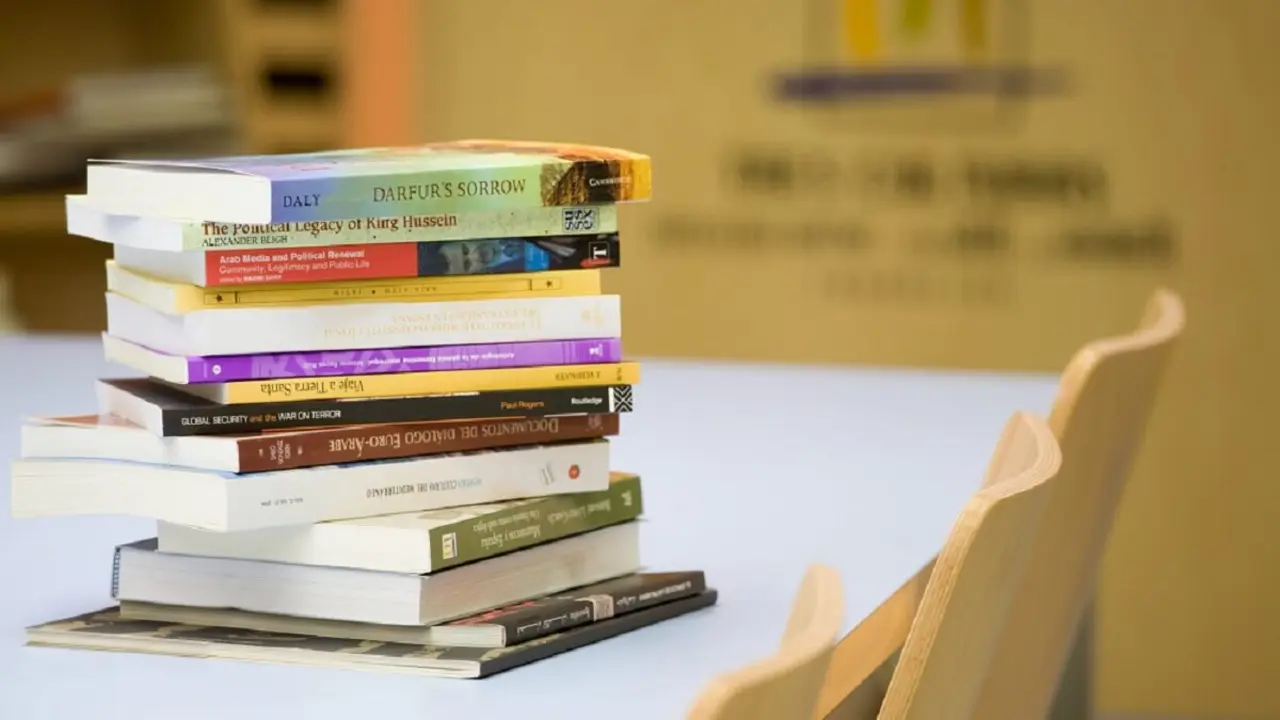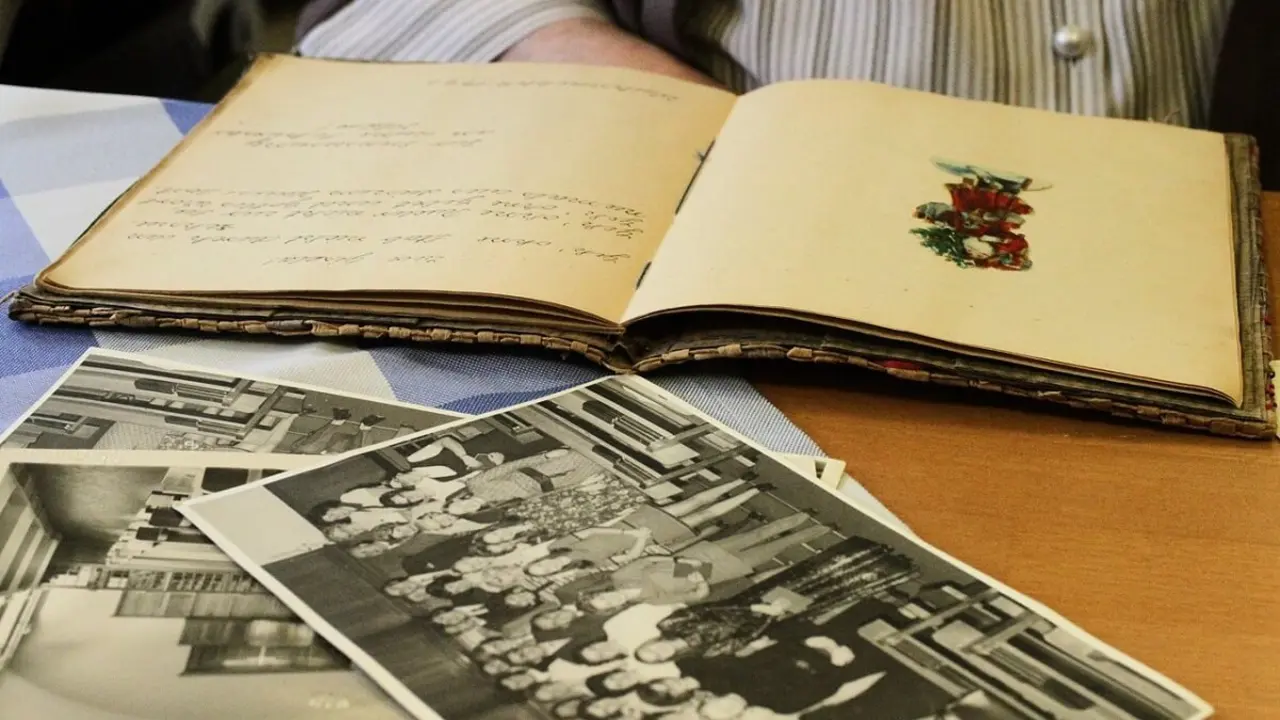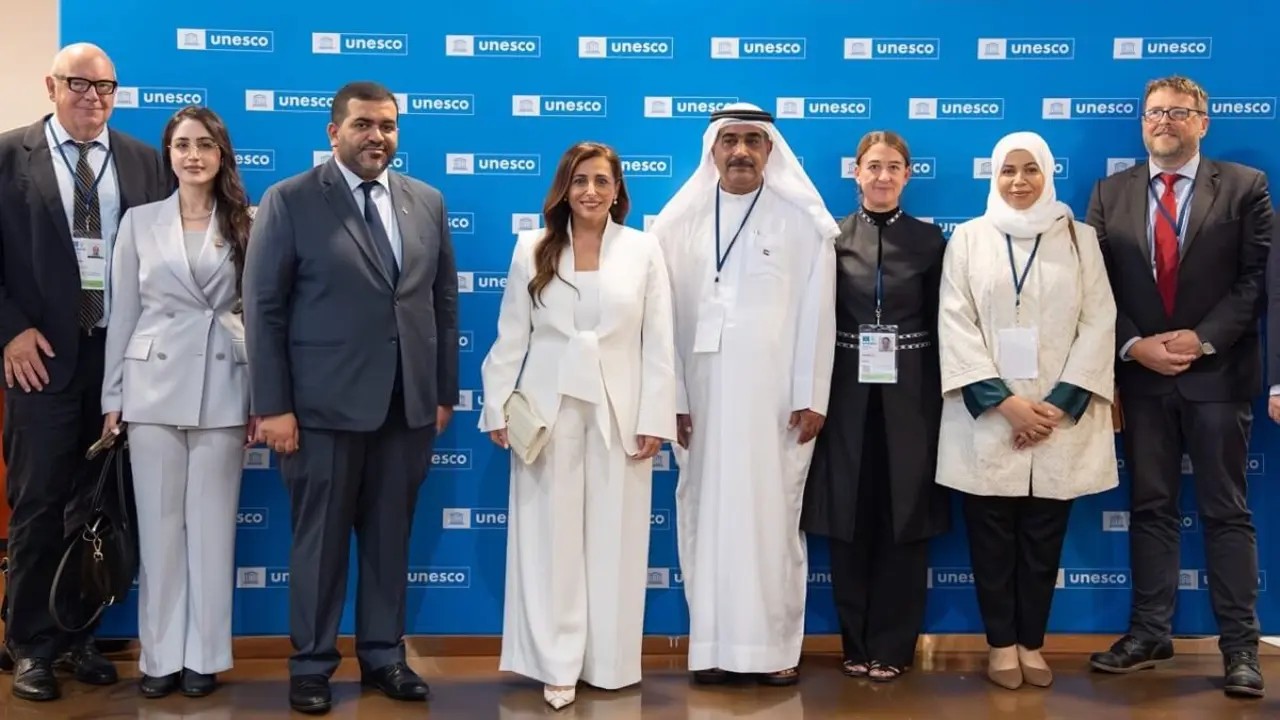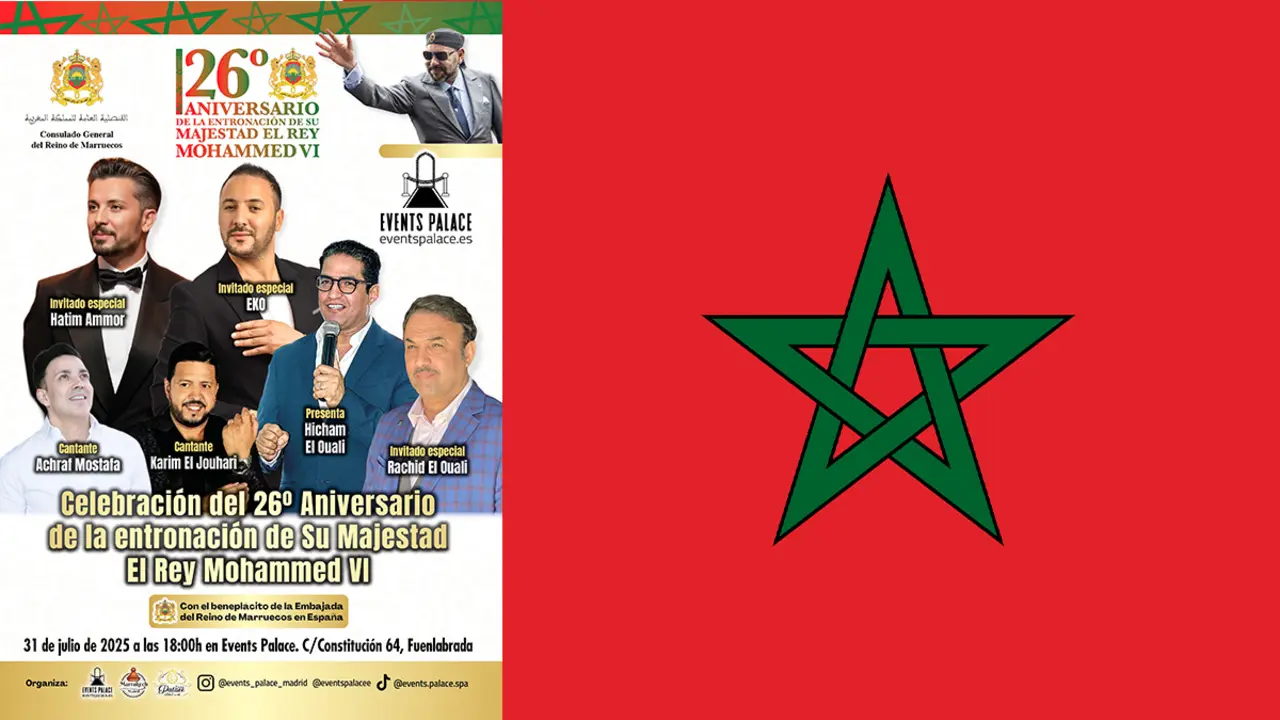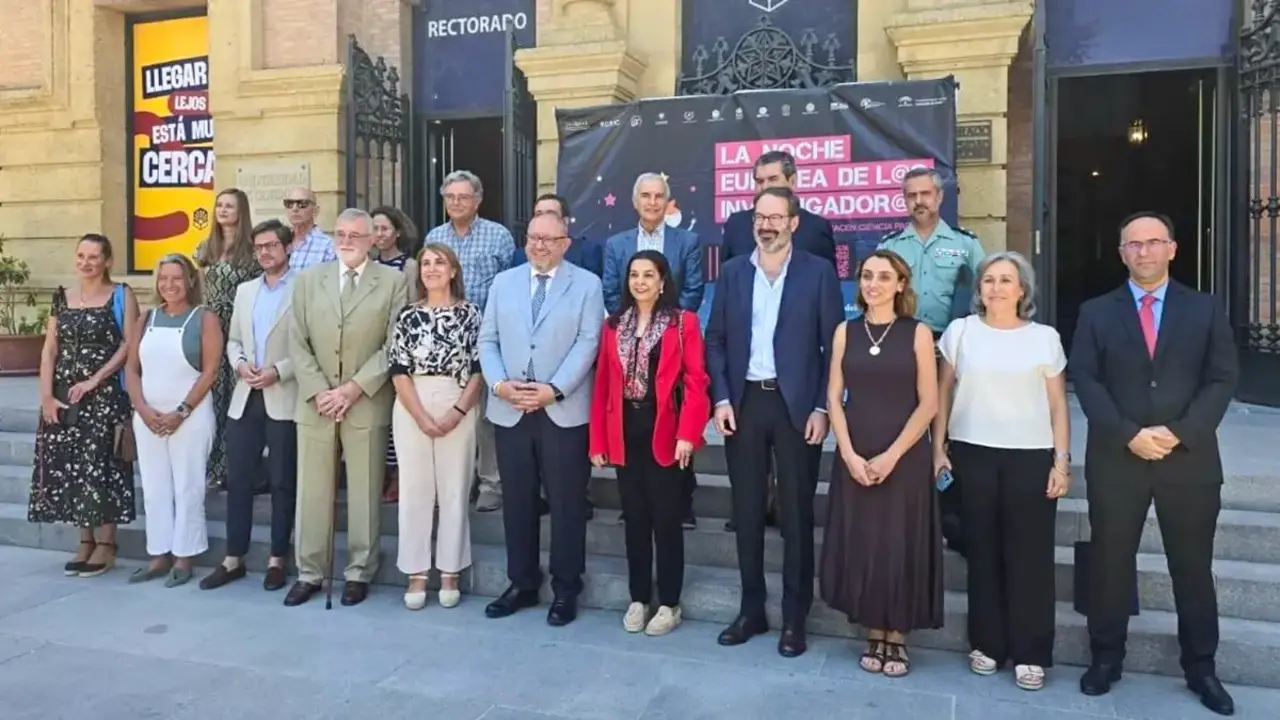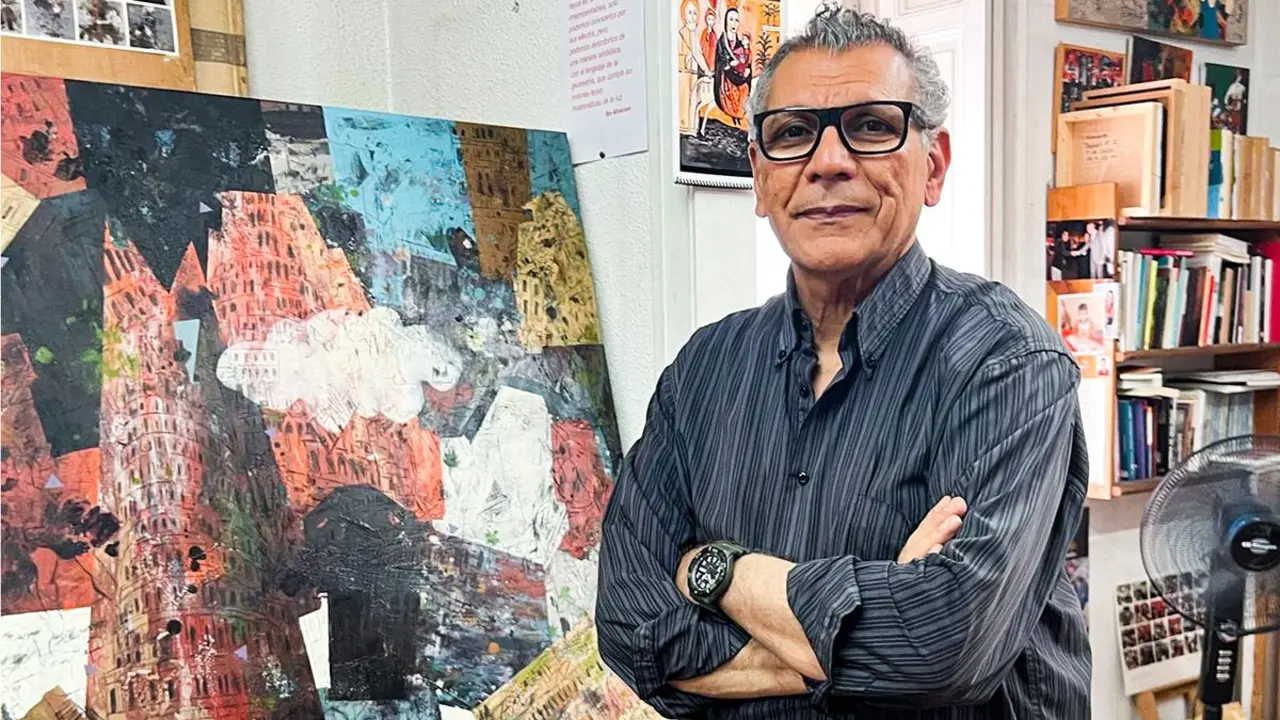Erdogan orders the conversion of the church of San Salvador de Chora into a mosque

Just a few weeks after the first mass was celebrated in Hagia Sophia, the museum of St. Saviour's Church in Chora in Istanbul, another major tourist attraction in Turkey, will be opened to Muslim prayers following a presidential decree published on 21 August, according to the online version of the daily Arab News. Salvador de Chora was built as a monastery in the sixth century and converted into a church in the Byzantine era in the eleventh century, became a mosque in the sixteenth century and then a museum in 1945. However, this status was cancelled last year when ownership of the building was transferred from the Ministry of Education to the Directorate of Religious Affairs.
The country's main administrative court, the Council of State, has ruled that a mosque can only be used for its essential function and argued that the earlier decision to convert the building into a museum was illegal. So far, no date has been set for the first Muslim prayers, but the conversion has prompted extensive debate among Turkish nationals and international experts in the field of heritage protection, drawing attention to the situation of the valuable mosaics and frescoes that risk being hidden in the old building.
The Edirnekapi quarter of Istanbul, where the building is located, has 16 other mosques around San Salvador de Chora, which raises criticism of the need for a relocation that further polarizes society. Samim Akgonul, head of the Department of Turkish Studies at the University of Strasbourg, thinks that the transformation of old churches into mosques does not respond to a need for Muslim prayer spaces in Turkey. "These are symbolic and political actions and have nothing to do with religion. That's why the opening of Hagia Sophia as a mosque is somehow understandable," he told Arab News.
Both Hagia Sophia and the Chora Church are inscribed on UNESCO's World Heritage List as architectural masterpieces. Despite restoration work on the building, St. Salvador de Chora attracted some 100,000 tourists last year. According to Akgonul, Hagia Sophia has always served as a demonstration of power. "It demonstrated the power of the Byzantine Emperor Justinian after the Nika revolt, the power of the Ottoman Sultan Mehmet II after the conquest of Constantinople, the power of the founder of the Turkish Republic Mustafa Kemal Ataturk after the foundation of the Republic and now the power of Turkish President Recep Tayyip Erdogan after the transformation of the regime," he explains.
The situation in Hagia Sophia has long been the subject of debate in the country in order to reach out to the conservative segments, especially at election time. However, Akgonul says that for San Salvador de Chora it is different, as it is a largely unknown church compared to Hagia Sophia. "Its retransformation into a mosque was probably decided in December 2019 when the decision was made to change its status to a museum, but they have waited until now not to provoke a reaction that could prevent the transformation of Hagia Sophia. If that is the case, we can say that it is a deliberate action and not a coincidence," Akgonul explained.
He added: "It is part of a strategic action to give promises to the Islamic and nationalist electorate, saying: 'We are re-conquering the city and the country after a break'". And, sadly, it works. Millions of people who never heard of Chora, and who will probably never go there, see this as a reconquest. After Chora, there are very few places where you can see the Byzantine heritage in Turkey."
Mine Yildirim, head of the Freedom of Belief Initiative of the Norwegian Helsinki Committee in Turkey, believes that a serious commitment to uphold freedom of religion or belief for all would require the authorities to take steps to restore places of worship such as synagogues or churches that have lost their original function. "We know this is not happening, and there are many places under the guardianship of the Directorate General for Foundations that remain as museums, or are being used as libraries or other public buildings," he told Arab News.

